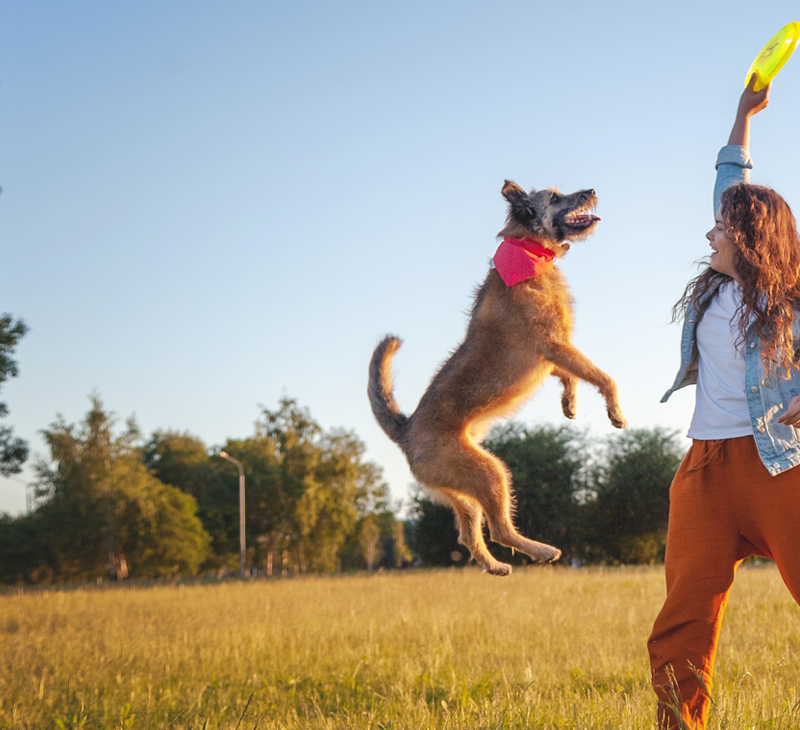
Wisconsin Dog Bite Liability Laws in 2025
Summer in Wisconsin means more outdoor activities—and more interactions between people and dogs. With dogs spending more time in unfenced yards or joining their humans out on walks, the likelihood of both friendly and risky encounters goes up. That’s why it’s crucial to understand your legal responsibilities as a dog owner or temporary caretaker.
Wisconsin’s Strict Liability Law
Under Wisconsin Statute §174.02, dog owners are strictly liable for any injury or damage their dog causes to a person, another domestic animal, or property, regardless of prior behavior. Even if the dog has never acted aggressively before, the owner can still be held financially responsible for medical bills, property damage, lost wages, and pain and suffering caused by their dog.
What Defines an Owner?
The law extends beyond traditional ownership. You may be liable if you:
- Keep a dog: this means exercising care, custody, or control of the dog (e.g., feeding, walking, or letting the dog out), even temporarily.
- Harbor a dog: this means allowing it to stay on your property, even if you don’t directly interact with it.
Protect Yourself
If you’re caring for or housing someone else’s dog—even short-term—you may be considered a “keeper” and held liable if the dog causes harm. Check your homeowner’s insurance to ensure you’re covered, as many people overlook this legal and financial risk. Keep in mind that some insurance policies exclude coverage for certain breeds of dogs.
Additionally, liability increases if the dog has a history of biting. If the previous bite broke skin or caused lasting damage, Wisconsin law allows for double damages in any additional incident.
Preventing Incidents: A Checklist for Safer Dog Ownership
Training & Socialization
- Begin basic obedience early
- Expose your dog to different people, pets, and settings
- Reinforce good behavior regularly
Secure Control
- Always leash your dog in public
- Maintain secure fencing
- Supervise outdoor time
Know Your Dog’s Triggers
- Watch for sensitivity to strangers, noise, or confinement
- Avoid stressful or overstimulating situations
Mental & Physical Exercise
- Provide daily activities to burn energy
- Use toys and games for mental enrichment
- A well-exercised dog is calmer and less reactive
Review Insurance Coverage
- Confirm that your policy covers dog-related incidents
- Even as a temporary caregiver, you could be considered liable
Why Insurance Might Not Protect You
Dog bite coverage is becoming increasingly restrictive, particularly for dogs with a history of prior incidents. Many policies exclude or reduce coverage after just one bite, and homeowners often aren’t notified until it’s too late. This can leave owners paying out of pocket and make it harder for victims to receive fair compensation.
To protect yourself:
- Review your policy for dog-related limitations or exclusions
- Ask your agent if you’re covered for both first and repeat incidents
- Disclose any bite history to avoid denied claims
- Get written proof of your coverage, especially when caring for someone else’s dog
- Consider umbrella or canine liability insurance
- Stay updated on changes to your policy
If you or a loved one has been injured in a dog attack, our experienced personal injury attorneys can guide you through your legal options and fight for the compensation you deserve. Wisconsin’s dog bite laws are complex, but you don’t have to navigate them alone. Contact Habush Habush & Rottier today for a free consultation to take the next step on your journey to becoming more whole after injury.
